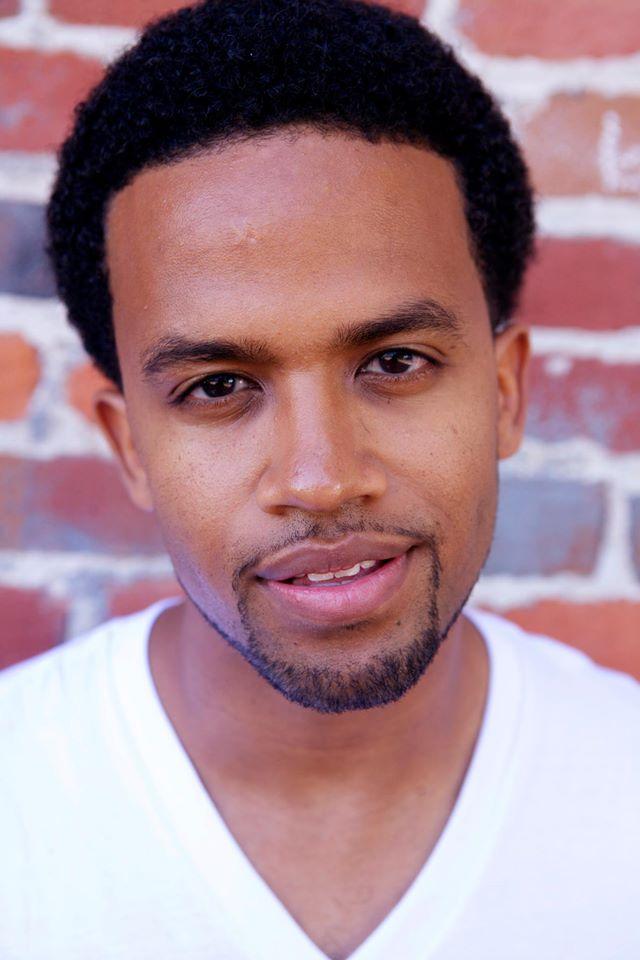As students began to line up in the hallway along the third floor entrance to the ballroom, it was obvious not many knew what they were in for.
With a title like “Spiritrials, One Person Performance by Dahlak”, what was anyone supposed to expect? Everyone could hear the pounding sound of the bass against the walls as the sound tests came to a close.
When entering the dimly lit ballroom and seeing the word “spiritrials” across the screens onstage, many were still unsure what the show was about.
There were two gentlemen on stage, one at a DJ station controlling the music and the other playing the keyboard who most perceived to be Dahlak.
As students finished entering the ballroom, a little over half the seats were full and the music continued.
The set-up was simple. There were two ladders on stage, a few chairs, tables with a keyboard and a DJ station. It left a lot of room for imagination for students to anticipate what was to come.
The HUB, Campus life and the Department of Theater Arts and Dance worked together to put on the event.
“Dahlak’s ‘Spiritrials’ was a powerful and timely performance that looks into the intersection of race, gender, spirituality and the criminal justice system,” Mark Fabionar, director of the Multicultural center, said. “Last year he performed at the John F. Kennedy Center for Performing Arts, so I feel we were fortunate to have him perform at Sonoma State.”
Dahlak was here for a total of three days and did a series of different workshops with the Theater Arts and Dance department.
“He led a workshop on storytelling and hip-hop performance with upper-division dance, tech and acting majors,” Scott Horstein, a professor from the Theater Arts and Dance department, said. “Dahlak’s work with the students focused on the power of testimony; how hip-hop seamlessly blends acting and music; and the need to define your own rituals lest they be defined for you.”
His show last Tuesday focused on his experience in a forced drug rehabilitation center, even though he was considered a “non-addict.”
Throughout the performance he portrayed five different characters with names such as ‘Pastor’, ‘Sample’, and ‘Mary.’
The characters covered topics on the criminal justice system, religion, sexuality and drug and addiction and how the institutional system is affecting these topics.
“I’ve known Dahlak for over a decade. I’ve seen how inspiring his performances are to so many people. I wanted students to meet and learn from an artist-activist who embodies his path in such a beautiful way,” Fabionar said.
“We’re hoping that the students will leave these experiences feeling more empowered to create their own solo performances and have a greater sense of engagement with issues of culture and identity,” said Hornstein.



































